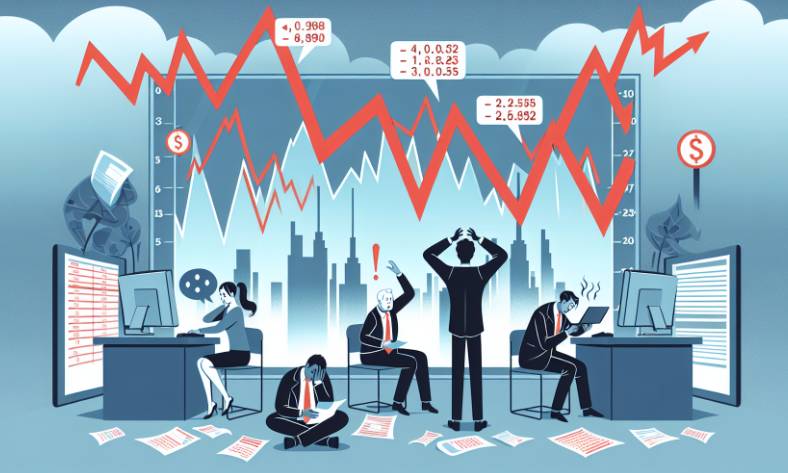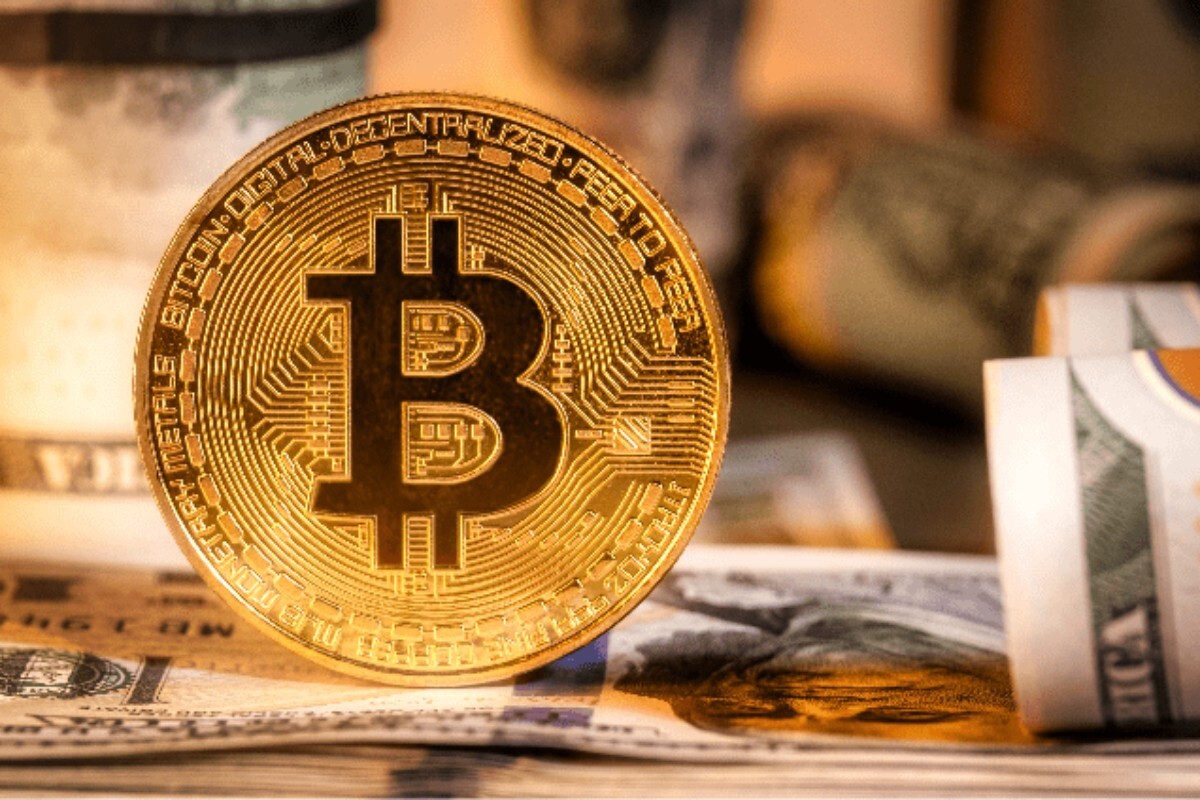Trump's capricious tariff policies have pushed currency volatility to years of highs and have stimulated demand for foreign exchange hedging products,Companies are seeking hedging to deal with severe market fluctuations.
JPMorgan’s G7 and Emerging Market Currency Volatility Index shows that currency volatility has soared in recent days, reaching the levels when Silicon Valley banks and Credit Suisse went bankrupt in March 2023. Banks and multinational executives say uncertainty brought about by Trump's tariff policy,This has led to an increase in demand for products that hedge foreign exchange to offset sudden fluctuations in exchange rates, which are impacting globally operating companies.
Nathan Venkat Swami, head of forex trading at Citigroup Asia Pacific, saidSince Trump's election, hedging demand has accelerated due to uncertainty in his administration's trade policy.
"Trading activity slowed down in February as many places in Asia coincided with the Lunar New Year holiday, but in March we saw trading volume rebound again, with active trading activity from corporate hedgeists," Swami said.
Most multinational companies hedge some of their earnings and increase or decrease the hedging level based on their judgment on the risk of currency volatility.
The intensification of trade uncertainty has prompted companies to increase their hedging exposure. "We want to increase hedging as we become more risk averse," said the senior director of a European-based healthcare company. "Looking forward, companies may reduce risk by increasing hedging in high volatility."
Wei Li, head of multi-asset investment at BNP Paribas in China, said that in addition to the increased demand for foreign exchange tools by enterprises,The trend of shifting from US stock market to other stock markets has also further increased the trading volume of foreign exchange hedging. Investors can hedge their foreign stock investments by shorting local currencies. "The entire market has changed this year. This has basically generated a lot of demand for Forex hedging," Li said.This helped boost performance of Wall Street banks, which reported strong first-quarter transaction revenue amid high volatility triggered by the Trump administration.
Most hedging transactions, especially currencies with smaller transaction volumes, are conducted through "over-the-counter transactions" between customers and banks, but open market data shows thatDemand for futures contracts is also growing. Investors say this reflects a broader trend in the growth of demand for foreign exchange hedging products.
"Investors around the world are increasingly using the Singapore Exchange's Forex futures as an economical and efficient hedge tool for managing increased market and currency volatility." But Swami said as Trump pushes to reshape the global trading system,Businesses “found it increasingly difficult to determine their long-term hedging needs because trade composition may change”. The threat of an economic slowdown may increase pressure and reduce hedging demand. “If global growth is affected by long-term tariff uncertainty and trade starts to take a hit, we may see a drop in Forex trading volumes,” he said.
















No comments yet